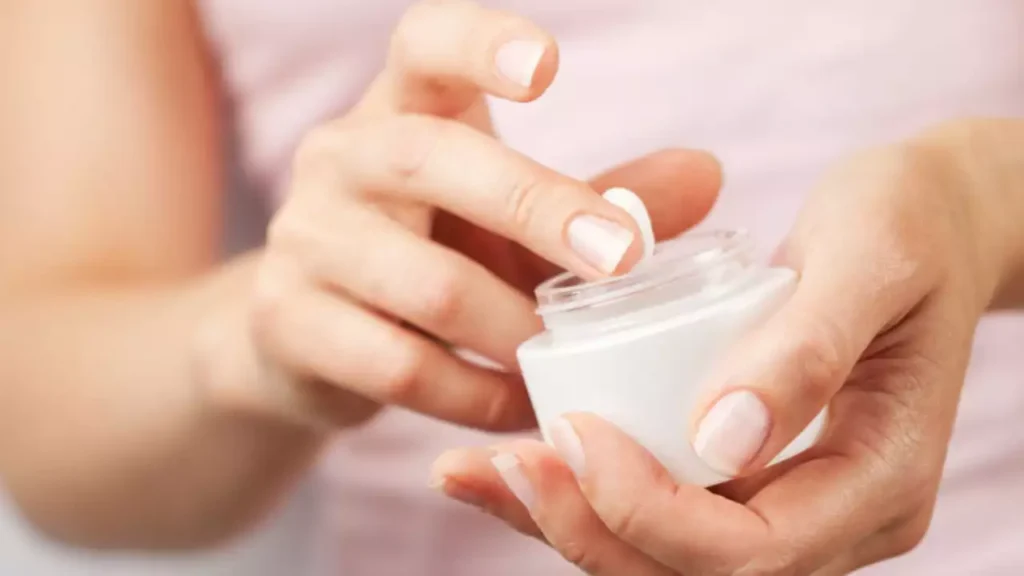Fairness creams saw a 3% decrease in volume sales in 2023 compared to the previous year, marking the first decline in their popularity, according to data from researcher NielsenIQ.
“As consumer demands continue to evolve, purpose-driven formats like brightening, glow, radiance and anti-dullness are garnering increased attention, signalling a shift in perception towards beauty,” said Roosevelt DSouza, head, customer success India, at NielsenIQ.
This marks a clear change from previous trends, as the Indian skincare market was previously predominantly focused on ‘whitening’ and ‘fairness’ products.
“Gen Z and millennials are shifting to brightening and hydration functionalities instead of fairness,” said Nitin Passi, chairman of premium cosmetics maker Lotus Herbals.
Continue Exploring: Beauty and personal care tops D2C sales charts in 2023: GoKwik Report
Hindustan Unilever Ltd (HUL) renamed its leading fairness cream from Fair & Lovely to Glow & Lovely in 2020 amidst criticism over perpetuating stereotypes. This move came after global protests against racial injustice, notably the #BlackLivesMatter movement. HUL, holding close to 40% market share in fairness creams, also changed the name of its men’s range to Glow & Handsome during the same period.
The company didn’t respond to queries.
Following HUL’s action, L’Oreal, a prominent global cosmetics company, removed terms like “white,” “fair,” and “light” from its skincare line worldwide. Additionally, Johnson & Johnson (J&J), a US healthcare corporation, ceased the sale of its skin-whitening creams under brands like Clean & Clear and Neutrogena in Asian and Middle Eastern markets.
The switch is being driven by younger consumers.
“The middle-age groups still continue to use fairness products,” said Passi of Lotus Herbals.
Personal care companies like Emami, CavinKare, Himalaya, Revlon, and Biotique are progressively shifting away from endorsing ‘fair skin’ products and instead focusing on products that promote radiant, glowing, or anti-dull skin.
“The narrative in the beauty industry has shifted from fairness to clean beauty with a much higher emphasis on ingredients delivered via toxin and chemical-free natural formulas,” said Sukhleen Aneja, formerly in senior leadership roles at HUL and L’Oreal, and now chief executive at Good Brands, part of the Good Glamm Group. “This is prevalent even among younger audiences who are seeking preventive care via sun protection, preventing skin pigmentation. This also explains the rise of dermat first brands especially online.”
Continue Exploring: India’s beauty market booms: L’Oreal and Shiseido set sights on rapid expansion amid growing consumer demand
Good Glamm’s lineup comprises beauty brands such as Organic Harvest and St. Botanica. Aneja noted that this trend would persist, especially with the democratization of search and social media information, which has made consumers increasingly discerning.
According to NielsenIQ, fairness creams experienced a modest year-on-year growth of 5.4% by value, while the overall skincare sector expanded by 9.2% in the calendar year 2023. The skincare industry as a whole in India reached a valuation of INR 15,800 crore during that year.
“Moisturising creams and face washes were the top contributing categories. Fairness creams, hold approximately 25% of the overall skin-care market,” NielsenIQ’s data said.
The current regulations outlined by the Advertising Standards Council of India (ASCI), in collaboration with the Department of Consumer Affairs (DoCA), emphasize the importance of avoiding “socially undesirable depictions for commercial gains.”
“Some ads are seen to reinforce depictions of society that perpetuated unhealthy practices or beliefs for the sole purpose of commercial gains,” said ASCI chief executive officer Manisha Kapoor. “For example, ads that promote stereotypes such as fair skin or certain body shapes.”
Continue Exploring: Hindustan Unilever prioritizes beauty and digital capabilities in strategic restructuring for future growth
